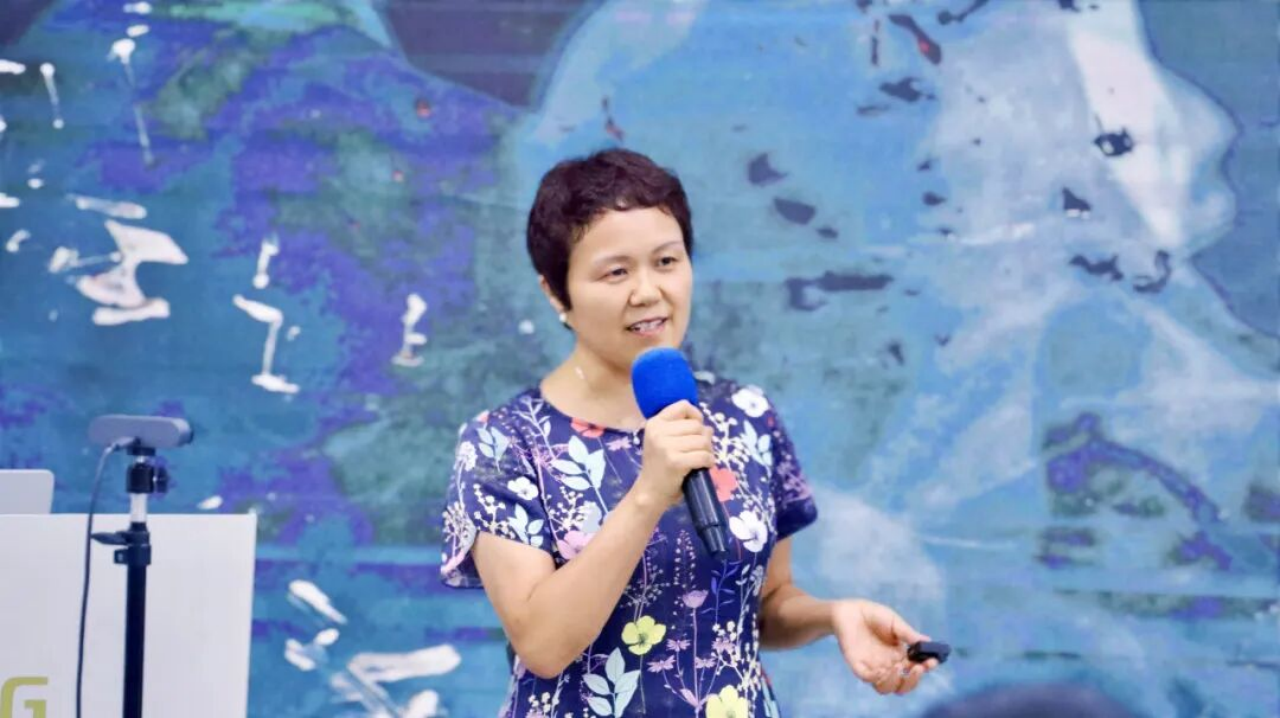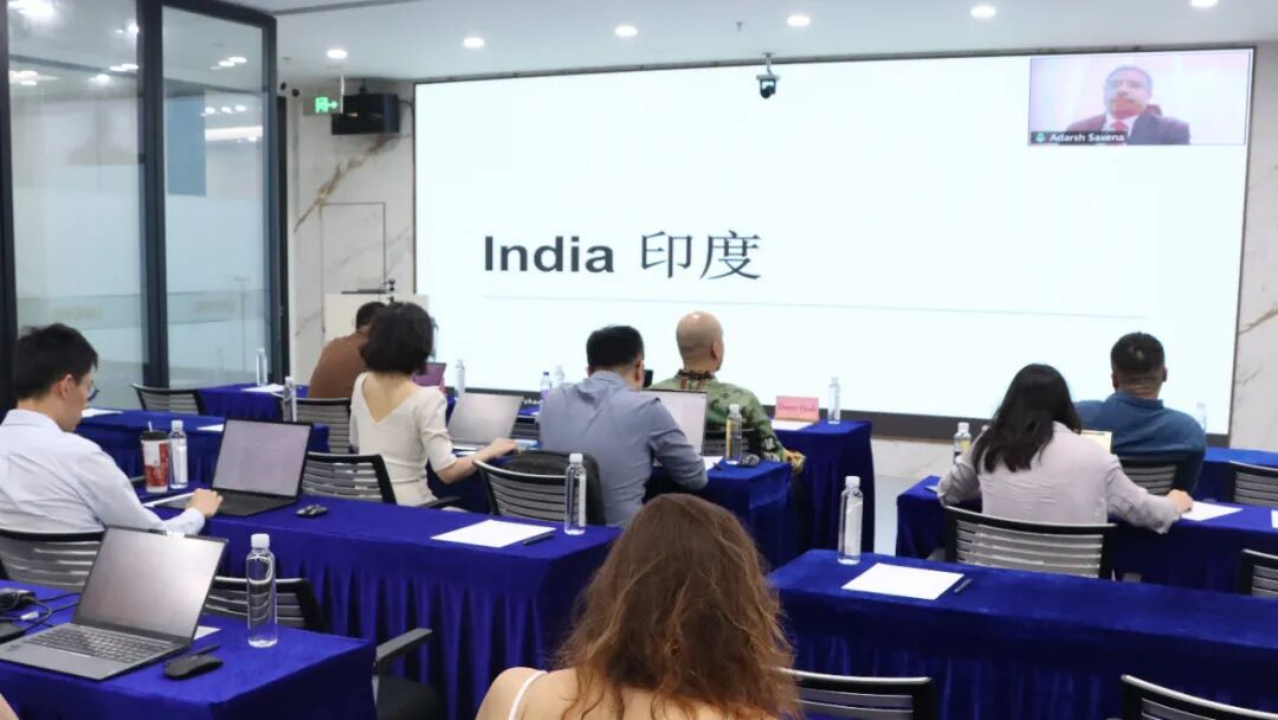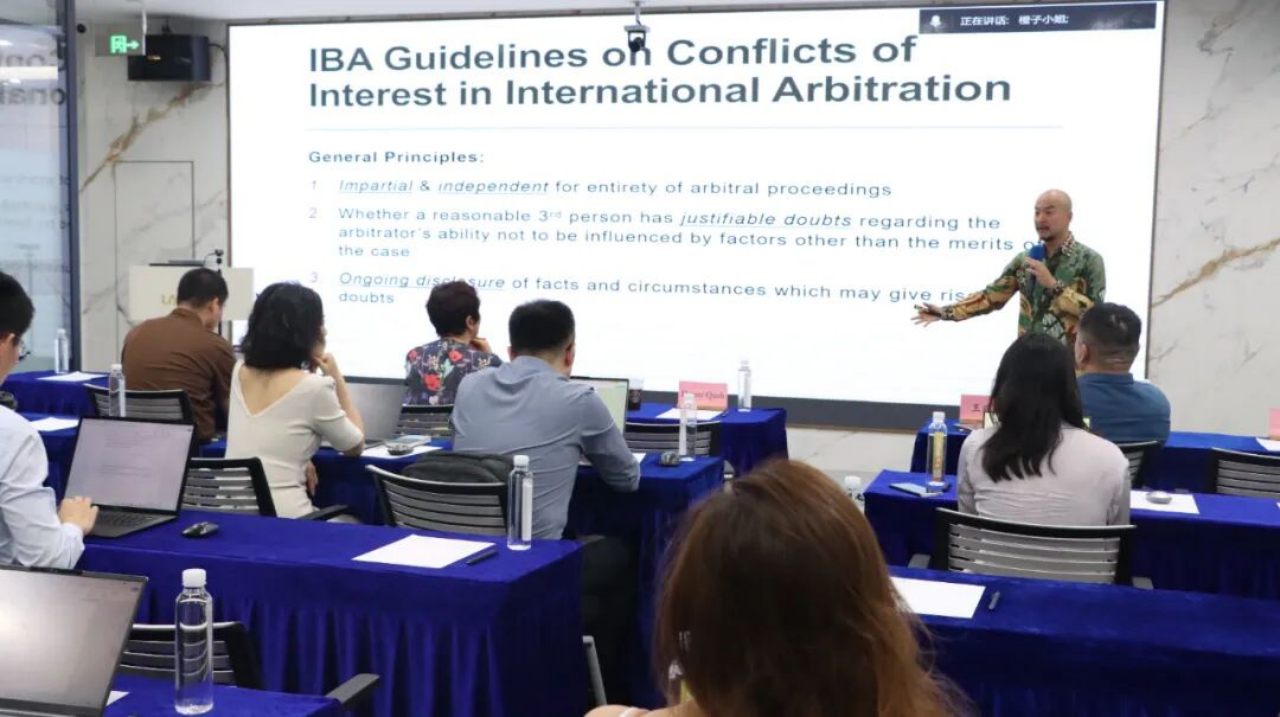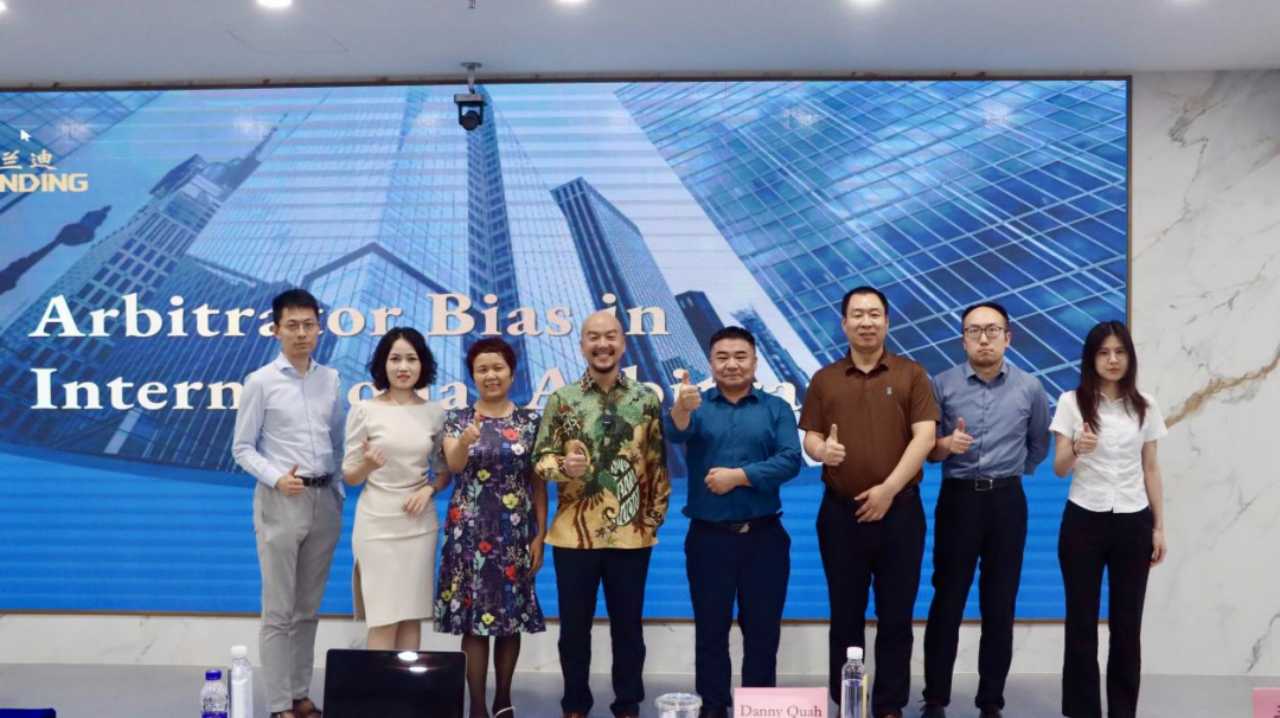On August 26, 2025, Landing Law Offices successfully hosted an English-language seminar on the theme of “Arbitrator Bias in International Arbitration.” The event featured distinguished speakers from Singapore and India, who examined cutting-edge issues concerning the impartiality and independence of arbitrators in international arbitration from both common law and Asian perspectives. The seminar drew active participation from professionals across the field.
The session was moderated by Ms. Yueqing Li, Senior Partner at Landing Law Offices and Head of the International Investment & Trade Department. In her opening remarks, Ms. Li warmly welcomed the audience and expressed her great pleasure in inviting the two guest speakers to share their insights.

The first speaker, Mr. Danny Quah from CHP Law LLC (Singapore), introduced the theoretical framework and practical standards for identifying and addressing arbitrator bias, using the core principles of “reasonable doubt” and “continuous disclosure” set out in the IBA Guidelines on Conflicts of Interest in International Arbitration as the starting point. He provided an in-depth analysis of the IBA’s “traffic light” lists (Red, Orange, Green) and discussed their cross-references with Schedules V and VII of India’s Arbitration and Conciliation Act.

Following this, Mr. Adarsh Saxena from Cyril Amarchand Mangaldas (India) joined remotely to present the latest developments in India’s arbitration framework. Drawing on several landmark cases, he vividly illustrated how Indian courts have adopted increasingly rigorous and nuanced approaches in reviewing claims of arbitrator bias. He emphasized that even when arbitrators are appointed from a unilaterally proposed list, the parties’ right to equality and a neutral tribunal must be strictly safeguarded.

Mr. Quah then returned to share Singapore’s latest judicial practice from a comparative law perspective. He analyzed recent rulings of the Singapore Supreme Court, focusing on cases where arbitrators had “copy-pasted” portions of prior awards, potentially triggering Anchoring Bias or Confirmation Bias. He examined how courts determine the existence of apparent bias in such circumstances. The discussion also addressed complex scenarios such as the consequences of nondisclosure of potential conflicts and the implications of arbitrators accepting new appointments during ongoing proceedings, offering participants valuable guidance for handling real-world challenges.

During the Q&A session, attendees engaged in lively exchanges with the speakers on issues encountered in their own practice. Rich in substance, grounded in fresh case law, and combining both theoretical depth and practical insights, the seminar was highly praised by participants.
This event underscored Landing Law Offices’ strong expertise and broad international vision in the field of international dispute resolution, particularly in complex cross-border arbitration, and reaffirmed the firm’s commitment to providing clients with top-quality legal services and strategic support.


兰迪律师官方微信

兰迪全球官方微信